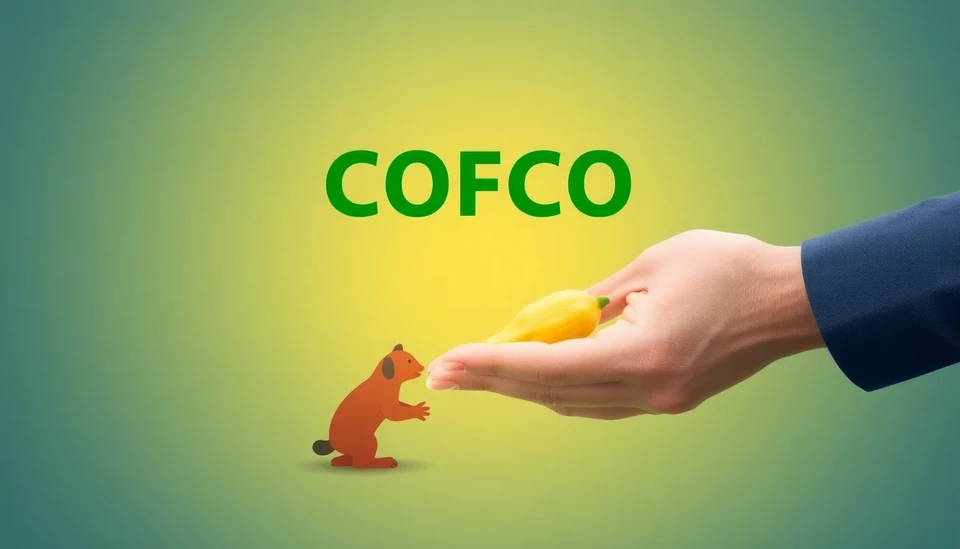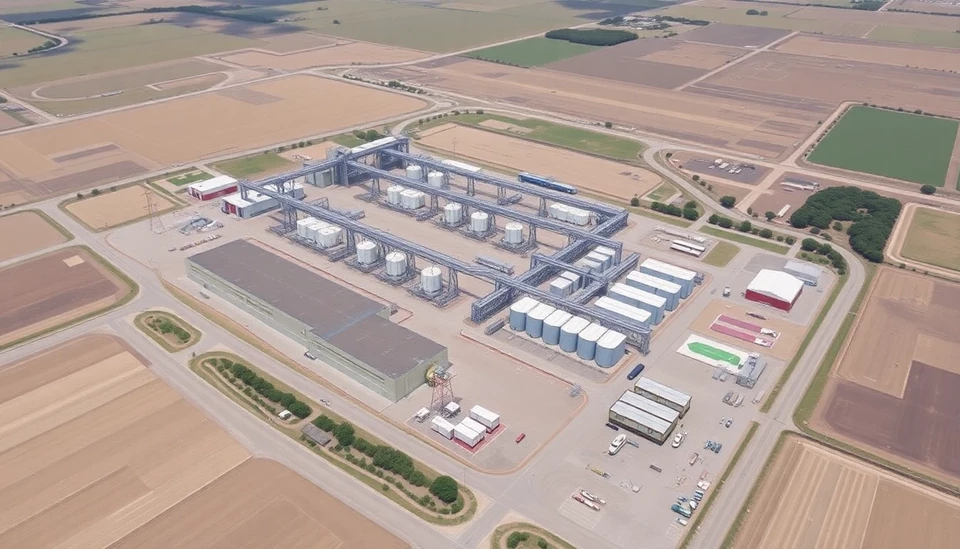
In a significant turn of events, China’s state-owned food giant COFCO has been compelled to resell multiple cargoes of wheat due to new government policies aimed at shielding domestic farmers from foreign competition. The decision comes as Beijing aims to stabilize domestic grain prices amid rising global food costs.
The scenario unfolded as COFCO found itself with excess wheat supplies, a situation exacerbated by recent regulatory changes. Authorities in Beijing instituted measures to curb the wheat market volatility, which has been affected by soaring prices in the global market. These developments have left COFCO with limited options as the state’s intervention reshapes the grain purchasing landscape.
Under these new regulations, COFCO is expected to sell off its imports at a loss, primarily to comply with the government’s directive, which prioritizes supporting local agricultural producers. Such sales could have sweeping implications not only for COFCO's operations but also for China’s broader grain markets, which are at a delicate balance in the international arena.
The move to resell wheat underscores the intricate relationship between government policies and agricultural sectors in China. Recent spikes in global wheat prices, reaching highs not seen in years, have prompted the government to take action, showing its commitment to maintaining food security and price stability for its farmers. As part of this initiative, local producers are being favored, albeit at the cost of significant financial strain on large state-owned enterprises like COFCO.
Analysts have noted that this step reflects a growing trend in China where authorities are increasingly adopting protective measures to combat inflationary pressures. While intended to support farmers, the intervention also raises concerns regarding the potential backlash from international suppliers who may look to adjust their strategies in response to China’s evolving market stance.
Additionally, the resale of these wheat cargoes may highlight broader issues within the Chinese agricultural system, including how market forces are being managed in a country that seeks to balance self-sufficiency with globalization. COFCO’s dilemma serves as a case study of the challenges faced by major agricultural players within the constraints of government oversight and market volatility.
As this situation continues to develop, stakeholders from farmers to traders will closely monitor the operational impacts this decision will have on the future of agricultural trade in China. The remarkable shift could lead to more pronounced shifts in trading patterns not just within China but also in international commodity markets.
Looking ahead, the market will keenly watch how COFCO navigates these turbulent waters and whether other companies will face similar pressures to comply with government mandates that prioritize price stability and support for local farming industries.
In summary, COFCO’s predicament serves as a glaring reminder of the ongoing challenges in balancing domestic agricultural needs against a backdrop of fluctuating global market prices, highlighting the crucial role that policy plays in shaping the strategies of major businesses in the agribusiness sector.
#COFCO #WheatMarket #ChinaAgriculture #FoodSecurity #TradePolicy #GlobalMarket #FarmersSupport
Author: John Harris

